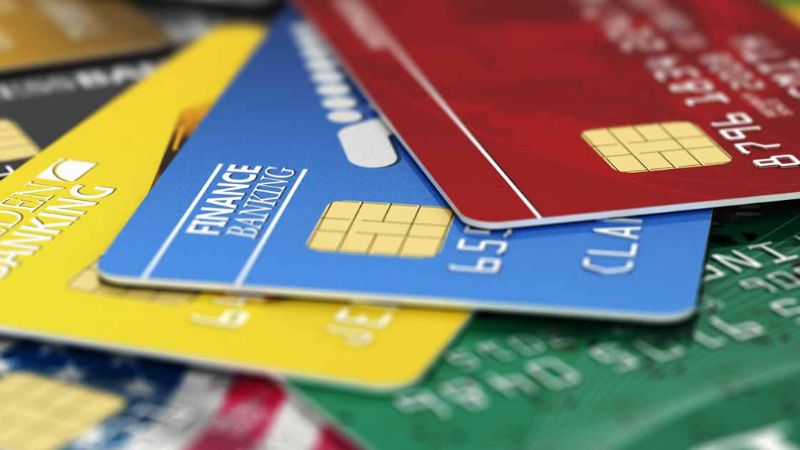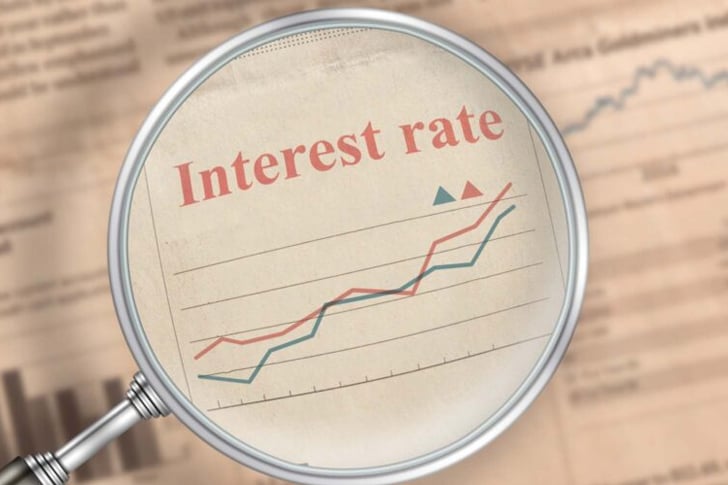Navigating Credit Cards for Seniors' Financial Security
As we age, managing finances wisely becomes increasingly important. Credit cards can be a useful tool for seniors, provided they are used thoughtfully and with understanding.

Managing money can be a complex undertaking for anyone, but for seniors, there are added layers of complexity. Whether you’re entering retirement or are already deep into your golden years, knowing how to utilize credit cards to your advantage is crucial for maintaining financial security. Here are some key pointers to help seniors wield credit cards smartly.
Understand Your Spending Habits
Before choosing a credit card or deciding how to use one, it’s important for seniors to reflect critically on their spending patterns. How much do you spend monthly on essentials versus non-essentials? Do you frequently dine out, or is very of your spending focused on healthcare and groceries? Different credit cards offer various rewards and incentives, so select a card that aligns with where your money tends to go.
Choose the Right Credit Card
Low-interest cards
: Ideal if you think you'll need occasionally to carry a balance month to month.Rewards cards
: Suitable when you can pay off your balance each month and want to earn points, miles, or cash back for purchases.Secured credit cards
: If your credit is less than stellar or if you haven’t used credit in a while, a secured card can help rebuild your credit profile.No annual fee cards
: These are smart for seniors looking to minimize extra costs.
Sift through the options and understand all the fees, introductory rates, penalties, and rewards before applying.
Keep a Hatch on Credit Utilization
This is an insightful indicator of financial health. Ensure you never utilize more than 30% of your available credit limit, and the lower, the better. This is critical as high utilization can negatively impact your credit score, potentially hiking up interest rates on future loans or credit cards.
Set Up Automatic Payment
One of the very convenient ways to ensure you never miss a payment is by setting up automatic payments for your credit card. Missed payments can lead to penalty fees and interest charges, so organizing automatic payments from your checking account to cover at least the minimum payment - or ideally the full balance - can save you from unnecessary financial burdens and keep your credit score intact.
Track Your Credit Card Spending
A disciplined monitoring process for all transactions is a safety net for financial security. Not only does it help maintain your budget, but it’s also one of the first defenses against fraudulent activity. You should regularly check your account statements or set up alerts for each transaction.
Understand Fraud Protection and Risabilities
As a senior, you are unfortunately at a higher risk for fraud. Generally, credit cards offer stronger fraud protections compared to debit cards. When using a credit card, by law, your maximum liability for fraudulent charges made without your permission is $50. Often, credit card companies offer zero liability policies for unauthorized transactions, assuming you report the fraudulent use promptly.
Consider a Credit Card Advisor
For those who feel overwhelmed by the numerous card options and terms associated, don’t shy away from seeking guidance. A credit card advisor, often found at your bank or finance-focused independent organizations, can provide personalized recommendations and clarify any uncertainties you have regarding credit cards.
Educate Yourself on Terms and Fees
It's important to know all terms and conditions linked to your credit card. Look out for annual fees, balance transfer fees, late payment fees, cash advance fees, and foreign transaction fees. Understanding these can prevent any unwelcome surprises in your financial journey.
Maintain a Two-Pronged Approach
Use credit cards for the convenience and rewards, but remain predisposed to making payments with money you already have. Simultaneously, have a small reserve of cash or a deceptor card that can be used in situations where credit cards have limitations or incur extra fees – like certain small businesses or services.
When to Consider Putting Away the Cards
If maintaining a credit card balance has become a financial strain, or if due to changes in spending habits and personal finance you’re no longer using credit regularly, it might be wise to close certain accounts. Be aware that closing a credit card can temporarily lower your credit score, so make such decisions cautiously and only after sizable consideration or advisement by a financial advisor.
Balance Transfer for High-interest Cards
If you have debt on a high-interest card, consider transferring that balance to a lower interest card as a debt management strategy. Remember to note any balance transfer fees and to calculate whether the switch is genuinely cost-effective.
In conclusion, by following the above points, seniors can navigate the choppy seas of credit and credit cards under the bright guiding star of financial security. Indeed, navigating credit involves responsible spending, steady accounting, and ongoing education. Deploy your credit cards as allies and create a scaffolding of practices and habits around the unique contours of your lifestyle. The right understanding and tools enable credit cards to enhance your finances, not beleaguer them. Remember, fiscal wellness is perpetual motion – maintaining, adapting, seeking insights, and making informed decisions over time.
-
1

Ultimate Feast for the Eyes: Top Cooking Shows Every Foodie Must Watch!
-
2

Maximize the Lifespan of Your New Dental Implants with Expert Care Tips
-
3

Ascending with Ease: The Revolutionary Journey of Stair Lift Technology
-
4

Maximizing Your Walk-In Tub's Lifespan: The Ultimate Guide to Enhanced Performance and Durability
-
5

Unlock Bigger Savings: Master the Art of Using Your Gas Rebate Card!









